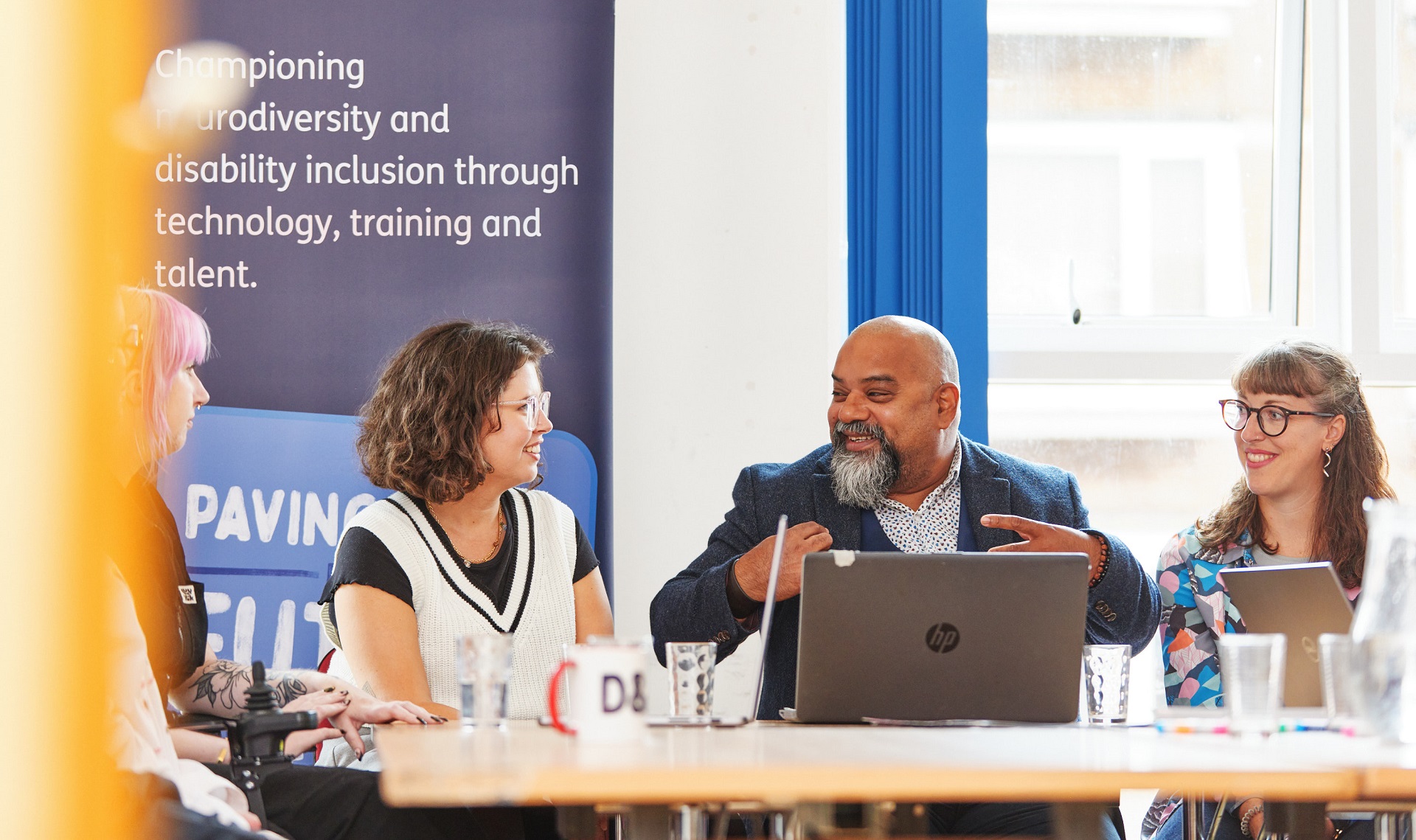News
How social enterprises will contribute to growth

More diversity at leadership level could mean more money for the economy. Our latest report found that social enterprises are playing their part – particularly those led by women.
Whatever your views on the diversity of Britain’s workforce, there’s a good reason to consider the findings from our last State of Social Enterprise report: it’s been estimated that better gender and ethnic diversity in executive teams would be good for the economy. For example, the business charity Business in the Community has worked out that race equality could boost the UK economy by £24 billion per year, which works out at an incredible £481 million a week. For anyone interested in economic growth like this, our deep dive into diversity amongst social enterprises should make for interesting reading.
Beyond the bottom line, more diversity can help stimulate a culture that draws on the experiences, perspectives and knowledge of different groups. Embracing different views and nurturing talent, while combatting biases and prejudices that can hold a business back, can contribute to a better business culture and enhance performance. When we interviewed more than 700 social entrepreneurs, their answers around the diversity of their businesses were incredibly revealing.
Social enterprises lead the way when it comes to representation on staff and leadership teams. More social enterprises are led by women and people from ethnic minority backgrounds than is the case for the wider business community. More than half of social enterprises are run by women (59%) and they’re making more than double the money of their male counterparts; average reported profits among women-led social enterprises are £160,000 compared to £70,000 by those led by men. For comparison, in the wider business community, just 18% of SMEs are run by women.
Another result that leaped out from the report is that one in every 20 businesses run by someone from an ethnic minority background in the UK is a social enterprise. Social enterprise leadership is closer to representing the national ethnicity makeup of the UK than the rest of the business world. The UK’s last census (in 2021) found that 18% of the population is from an ethnic minority background and our research found that 13% of social enterprise leaders identify as being so. In the wider business community, just 6% of leaders are from an ethnic minority background.
Social enterprises strive to address different social challenges and lead the way when it comes to representation on staff and leadership teams. Further, a substantial proportion actively tackle issues of gender and racial discrimination as their core social mission.
While there are several reasons to be optimistic about the contribution social enterprises make to a more diverse and representative workforce, challenges remain. As with all businesses led by women and people from minoritised groups, there remain concerns that certain social enterprises can face persistent barriers that hold their business back. The Adebowale Commission on Social Investment, for example, found that Black-led social enterprises faced a disproportionate struggle to access and secure financial support from social investment firms.
Black female-led social enterprises are significantly less likely to raise finance sought than the average, and female-led social enterprises are less confident that their organisations have the required skills to secure finance and investment.
It is critical that we improve our understanding of the challenges experienced by different groups within the social enterprise community. Through improving diversity and representation across social enterprise, economic gains can be made, and the ability of social enterprises to recognise and meet the needs of the communities they serve can be strengthened.
This report explores data collected by the Social Enterprise Knowledge Centre – in particular the State of Social Enterprise, the largest UK survey of social enterprises. It maps the demographic profile of social enterprises and explores differences in performance and experiences for women-led and ethnic minority-led businesses.
We’d really love your help with the next State of Social Enterprise, which we’ll be compiling this year. In February we’ll be launching our biannual survey, which is open to all social enterprises. It will give us more valuable data to help showcase the difference social enterprises are making. If you’d like us to send you the survey, let us know here.


